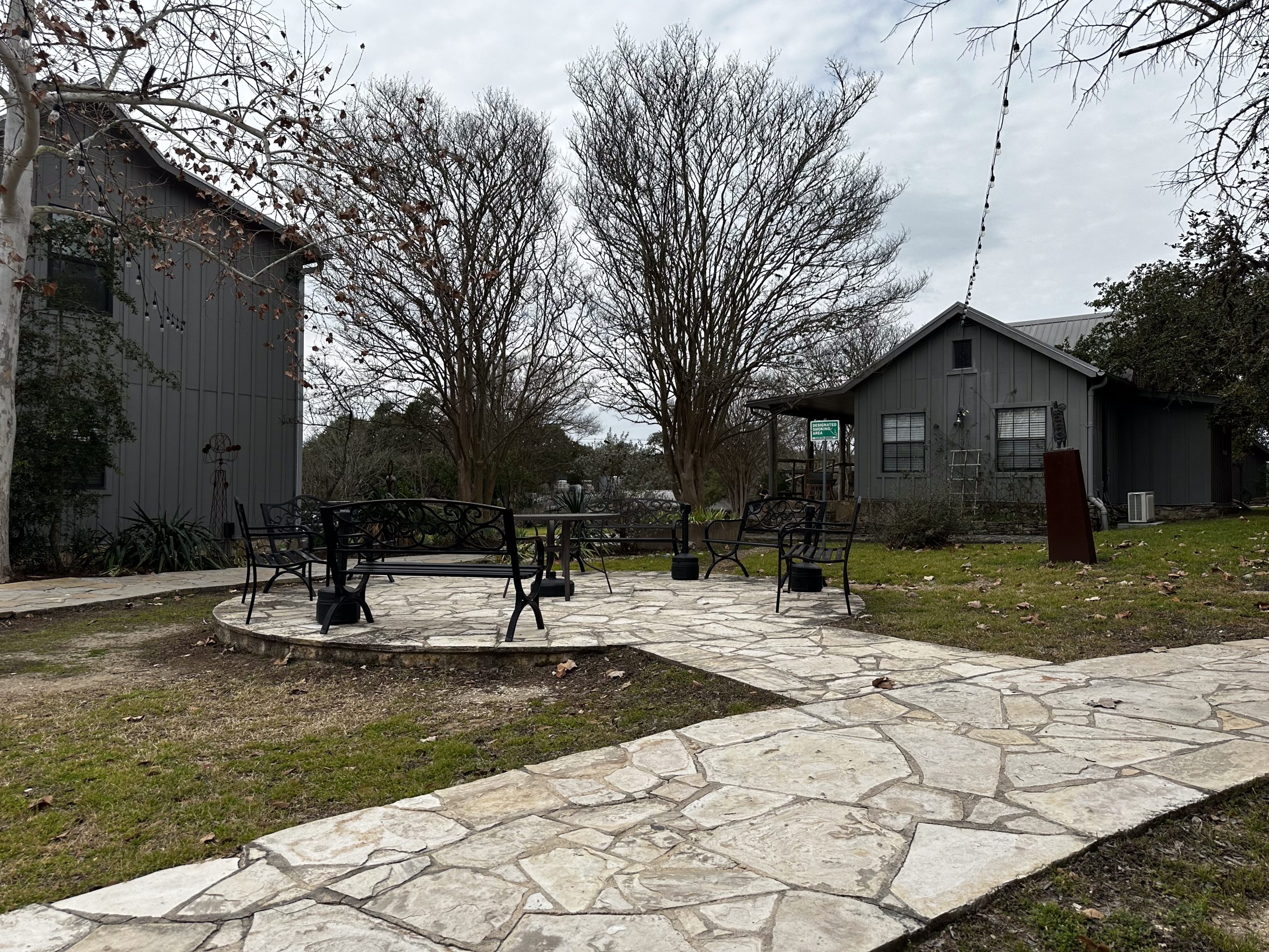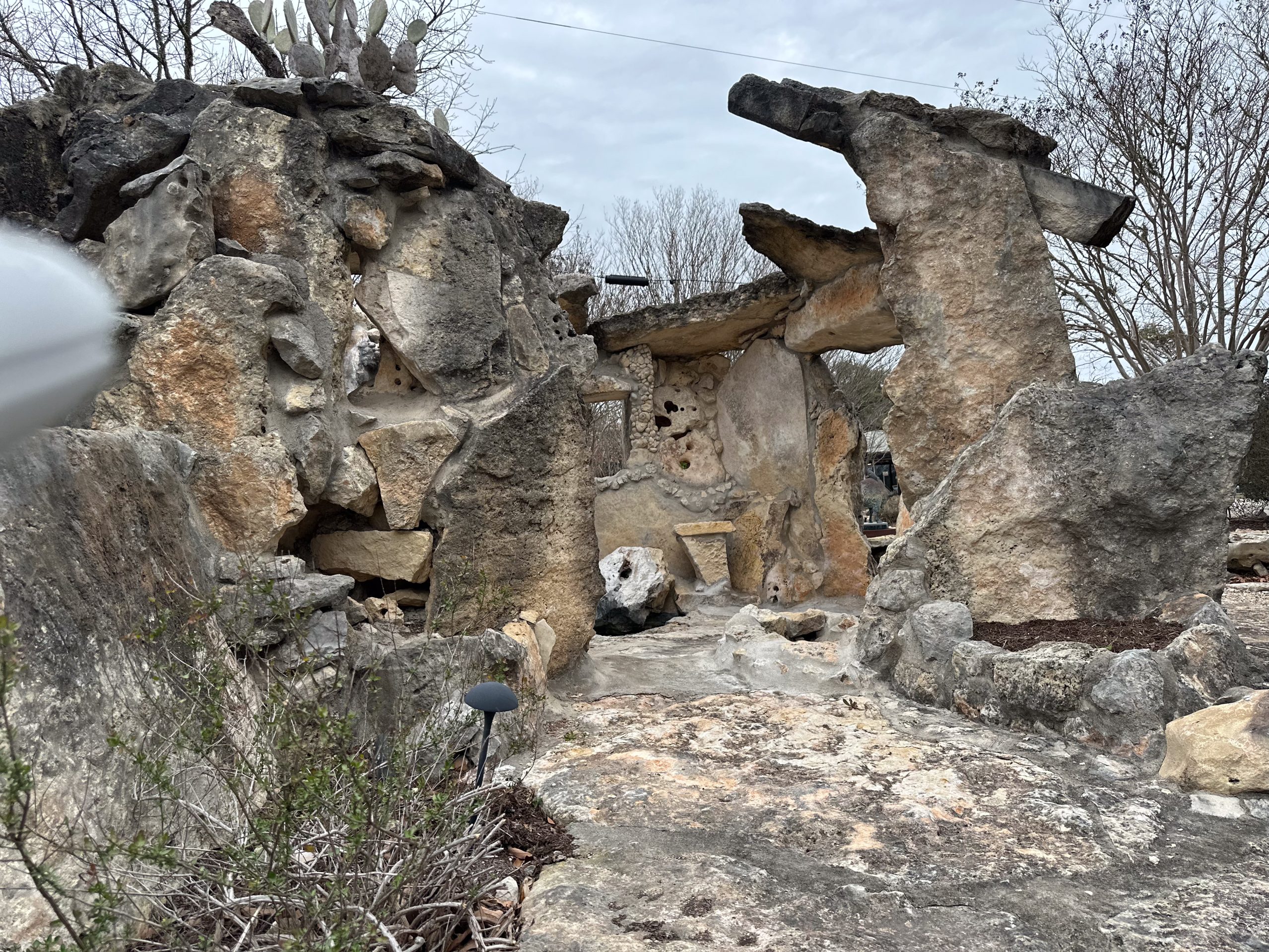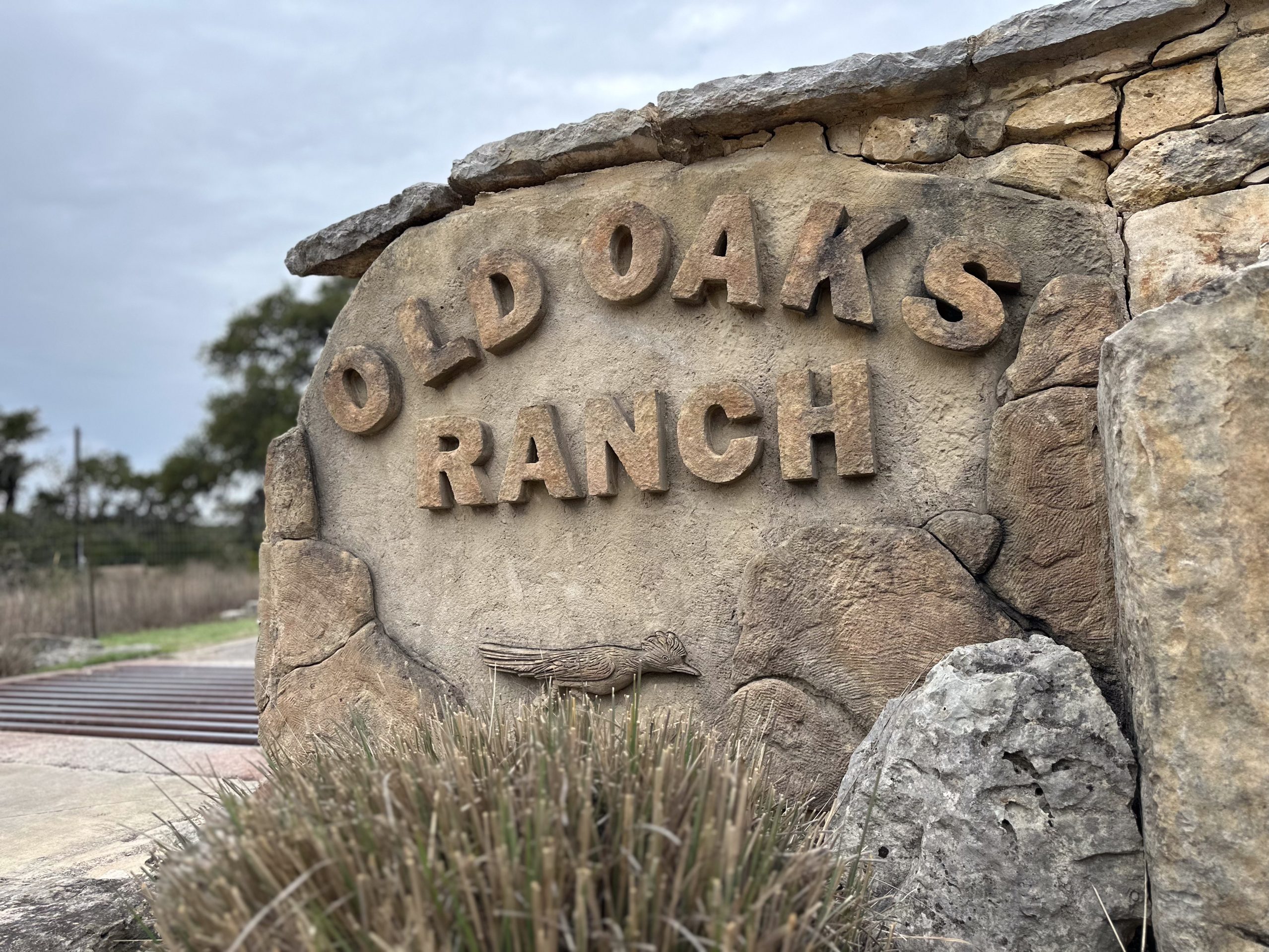Last Updated on August 29, 2025
Table of Contents
Texas Is No Longer Immune to the National Opioid Crisis
The entire U.S. is facing an ongoing opioid crisis, and Texas is no exception. Although the Lone Star State isn’t typically known for being a hotspot for opioid overdoses, recent data from the Centers for Disease Control and Prevention (CDC) prove the face of the substance abuse problem in Texas is changing.










Overdose Deaths in Texas Have Tripled Since 1999-2019
CDC Statistics Reveal a Sharp Rise
According to the CDC, there were 2,989 drug overdose deaths in Texas in 2017, compared to 1,087 in 1999.1,2 Not only have drug overdose deaths nearly tripled over the last two decades, but Texas has seen a significant increase in overdose deaths caused by all types of drugs, not just opioids.
In recent years, Texas’s overdose rates have continued climbing. From September 2022 to August 2023, over 5,800 Texans lost their lives to drug overdoses, a 7.6% increase from the prior year. As of 2021, the state’s drug poisoning death rate surged to 15.8 per 100,000, nearly doubling the 2017 figure of 9.4 per 100,000. Overall, drug poisoning deaths have spiked by over 75% in five years.
Cocaine, Meth, and Marijuana Are Still Major Threats
Although cocaine, methamphetamine, and marijuana are also considered some of the top threats in the state of Texas,3 synthetic opioid drugs are a growing cause for concern. According to Texas Health and Human Services, 153 Texans died from an overdose caused by synthetic opioids in 2015, compared to 29 in 1999.4
Synthetic opioids, particularly fentanyl, have fueled unprecedented risk. In 2019, there were 333 fentanyl-related deaths; by 2021, that number had ballooned to 1,662, representing a 400% increase . Although daily fentanyl fatalities average around five, recent data suggest a 20% drop in 2024, translating to 430 fewer deaths
Opioid-Related Deaths in Texas: Then vs. Now
Here’s a quick look at other opioid-related deaths in Texas and how the numbers have grown over the last two decades.
Freedom Starts Here. Take Back Your Life Today.
Same-Day Admissions in Austin Available.
Fentanyl: A Silent Killer in the Texas Drug Supply
Fentanyl’s Growing Impact
According to an article from the Houston Chronicle, fentanyl is making a bigger appearance in the Texas drug supply, which increases the risk of fatal overdose for Texas drug users. Known to be up to 50 times more potent than heroin, the risk of overdose when using Fentanyl is extremely high.
The Dangers of Fentanyl-Laced Street Drugs
Unfortunately, fentanyl is available and easy to purchase online and it is often used to cut other drugs such as cocaine and methamphetamine. Often times, the drug user doesn’t even realize they are using a fentanyl-laced drug because it is virtually undetectable. Northeastern states, in particular, have seen high rates of overdose deaths being caused by fentanyl-laced cocaine. For example, in Massachusetts, 93 percent of overdose deaths involved fentanyl.
Other Substances Still Pose a Major Threat in Texas
Methamphetamine on the Rise
Although synthetic opioids like fentanyl are clearly having a negative impact on the state of Texas, we also can’t forget about other major threats like cocaine and marijuana. According to a 2017 report from the University of Texas at Austin, there were 715 deaths in Texas caused by methamphetamine in 2016 and seizures at the Texas-Mexico border have increased 103 percent since 2014.
While synthetic opioids like fentanyl remain a grave concern, methamphetamine—along with cocaine and marijuana—continues to pose an escalating threat in Texas. Between December 2022 and November 2024, meth made up 54% of all drug seizures at the U.S.–Mexico border, leading the pack ahead of marijuana (22%) and cocaine (12%). Notably, a record-breaking meth seizure in February 2025—valued at over $117 million—stands as the largest single trafficking interception in state history.
Meanwhile, overdose trends tell a dire story. In Bexar County, psychostimulants drove 295 overdose deaths in 2023, up from just 18 in 2013—a 16-fold increase. Across Texas, drug poisoning death rates climbed more than 75% between 2017 and 2021, rising from 9.4 to 15.8 deaths per 100,000 people. In response, state officials launched the TODA initiative in 2023, backed by a CDC grant, which includes a community-facing Naloxone locator to help stem the tide of fatal overdoses.
Marijuana Still #1 on the DEA’s Threat List
Marijuana is also ranked as the #1 threat by nine of the DEA offices in Texas due to the extent of trafficking in and across the state. Although marijuana seizures at the Texas-Mexico border have decreased since 2014, domestic supply is thriving, especially from other U.S. states where it has been legalized or decriminalized.
Marijuana remains a top concern for nine DEA offices in Texas due to trafficking volumes—yet the landscape is evolving. Seizures at the Texas–Mexico border have declined dramatically: over 80% between 2013 and 2019, with approximately 61,000 pounds seized in 2023, a 29% drop from 2022.
Meanwhile, high-profile in-state busts persist. In September 2023, CBP seized 4,466 pounds of marijuana at Laredo’s World Trade Bridge. In March 2025, two traffic stops near New Braunfels netted over 500 pounds of marijuana and 1,300 grams of THC cartridges. Further, a coordinated effort in June 2025 led to the seizure of 75,000 pounds of THC products from North Texas warehouses—accompanied by $7 million in cash.
Despite enforcement activity, domestic supply continues booming. Hemp-derived THC products now account for a $5.5 billion annual market, sold through 4,468 retail locations. In June 2025, Governor Abbott vetoed a sweeping ban on these products and instead called for a special legislative session to consider regulation. From rural farms to city street corners, hemp-based THC remains widely used—for medical, economic, and recreational purposes.
Drug Treatment Admissions in Texas Are Rising
A Clear Reflection of the Addiction Crisis
Data regarding treatment admissions for the Texas Department of State Health Services reflects the state’s growing problems with illegal drug abuse and prescription opioid abuse. In 1999, DSHS reported 69 treatment admissions for methadone and 815 treatment admissions for other opioids (which includes codeine, hydrocodone, oxycodone, hydromorphone, and heroin). In 2016, those numbers rose to 166 treatment admissions for methadone and 1,593 for those other opioids listed.3
Though specific admission data from the DSHS remains unpublished, recent reporting reveals Texas severely lags behind in treatment access. As of 2022–2023, the state had just 97 licensed opioid treatment clinics—serving a population of over 31 million—making MAT accessibility one of the lowest nationwide. Only 50 Texans per 100,000 received clinic-based treatment, compared to 139 per 100,000 nationally, and just 5 per 100,000 received clinic-based buprenorphine treatment, versus 17 nationwide. This persistent gap highlights the urgent need to expand effective treatment infrastructure for opioid abuse across the state.
The Need for Opioid Addiction Treatment in Texas
The drastic increase in Texas overdose deaths is concerning and the increase in DSHS treatment admissions also reflects a growing need for substance abuse treatment, especially for opioid abuse. Additionally, the increase in opioid abuse is pushing researchers to look for alternatives to prescription opioid medications, like meloxicam (sold under the brand name Mobic).
Get Help for Opioid Addiction in Texas Today
Unfortunately, no U.S. state is immune to the effects of the ongoing opioid crisis, but there is help available for Texans who are struggling with opioid addiction and abuse. If you are addicted and need help, Nova Recovery Center offers comprehensive long-term addiction treatment to help you overcome your addictive behaviors and establish a new lifestyle that is free from drug abuse.
Call Nova Recovery Center today to learn more about our 90-day drug rehab program or to enroll today. We have immediate openings for those who need it.
Other Drug and Alcohol Rehab Locations
Add Your Heading Text Here
Texas recorded thousands of overdose deaths annually in recent years. CDC provisional data show Texas’ 12-month totals rose sharply through 2021 and then began easing in 2024–2025 as national deaths declined.
After steep increases from 2017–2021, rates have started to trend down. Nationally, CDC reports a ~27% decrease in overdose deaths in 2024 versus 2023, and Texas followed that downward direction.
Synthetic opioids—especially fentanyl—are the primary driver, with methamphetamine and cocaine also contributing. Texas’ fentanyl dashboard tracks these trends statewide.
A major one. Texas HHS notes that about five Texans die every day from fentanyl poisoning; state and local dashboards show fentanyl’s share of deaths rising sharply since 2019.
Use the Texas Naloxone Locator—an interactive map showing free naloxone sites at clinics, recovery programs, distribution cabinets, and more.
Texas launched Overdose Data to Action (TODA) and expanded naloxone distribution, data systems, and community prevention. In 2025, the state rolled out a public naloxone map to make access easier.
Harm reduction provides practical, judgment-free strategies to reduce risk—carrying naloxone, testing substances, safer-use supplies, and linkage to care. Texas groups and statewide resources offer these services today.
Slow or stopped breathing, blue/gray lips or fingertips, unresponsiveness, and gurgling. Call 911, give naloxone, and start rescue breathing—multiple doses may be needed for fentanyl.
Yes—local reporting shows notable declines in 2024, attributed to broader naloxone access, treatment expansion, and coordinated programs.
Evidence-based care includes medications for opioid use disorder (MOUD) such as buprenorphine and methadone, plus counseling and recovery supports. Texas’ Targeted Opioid Response (TTOR) helps people navigate care.
Start with the TODA resource maps and naloxone locator; community organizations and county sites (e.g., Austin Public Health) regularly update local support and training opportunities.
NIDA highlights synthetic opioids as the leading driver of U.S. overdose deaths and tracks year-over-year changes, including recent declines in 2024.
Yes. CDC’s SUDORS data and Texas dashboards show frequent mixing (e.g., fentanyl with stimulants), which raises overdose risk and complicates response.
Texas’ drug-poisoning death rate reached 15.8 per 100,000 in 2021, up from 9.4 in 2017—over a 75% rise—before recent declines.
Yes. OTC naloxone is now broadly available nationally, and Texas has multiple free distribution points through state and community programs.
Substance use and mental health conditions often co-occur. Integrated care—treating both together—improves outcomes and reduces overdose risk. (General guidance aligned with CDC/NIDA frameworks.)
Through TODA, DSHS runs public dashboards (deaths, EMS non-fatal poisonings, fentanyl trends) and county-level visualizations to inform real-time response.
Use the Texas Naloxone Locator to get Narcan today, check TTOR for treatment navigation, and call your local health department for training. Nova Recovery Center can help you understand treatment paths and next steps.


